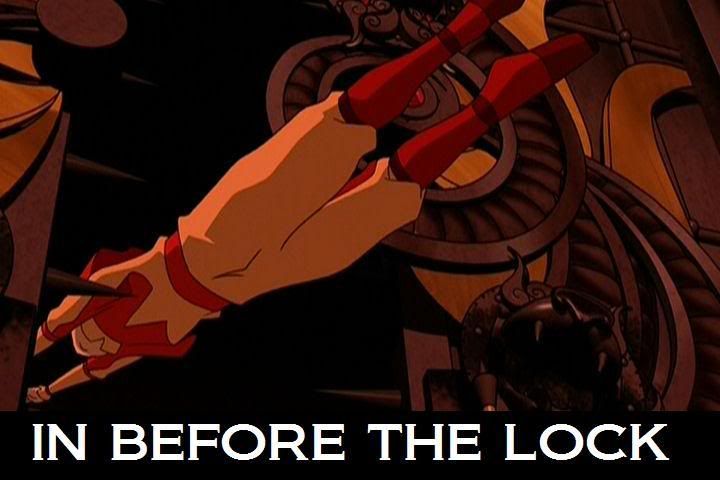Kubrick wanted viewers to see the film and interpret it's meaning on their own. There's no concrete accepted interpretation of the film.
My idea is that the black monolith is a manifestation of a higher power, divine or otherwise, that elevates the human experience - through what we consider evolution - to an existence we don't yet understand. That's why the final 1/4 of the film is so confusing. It reflects sights, ideas, and a reality our human minds cannot possibly comprehend...yet. By the end of the film Dave has become a being so far advanced from what we humans know that there is no precedent of comparison. I do think that the jump in evolution is a bit too far, considering that the Apes that touched the monolith in the beginning of the film only advanced as far as us before we met the monolith again.
That's just one theory. Another could be mutation or devolution, who knows? I haven't read many interviews of Kubrick on the meaning of 2001, but from what I've read he has often refused to explain it.
"You're free to speculate as you wish about the philosophical and allegorical meaning of the film" -Kubrick
I recommend watching this flash short movie called "2001 explained", it's fun and interactive and informative:
https://www.kubrick2001.com/
Bible? Yeah so? The bible has even more fiction than the theory of evolution itself.












